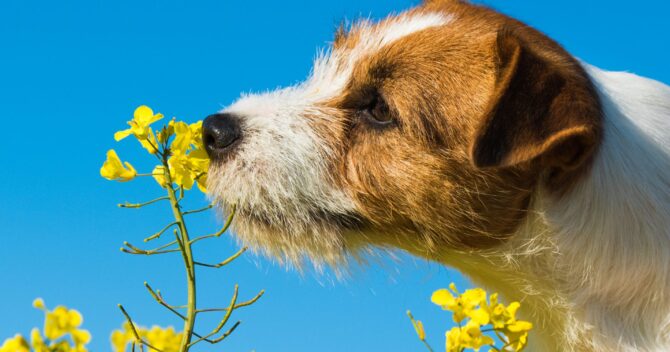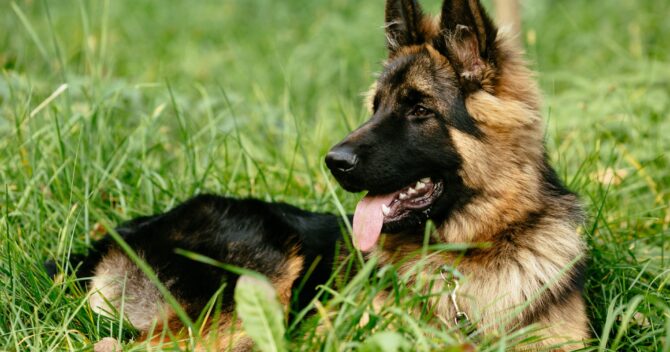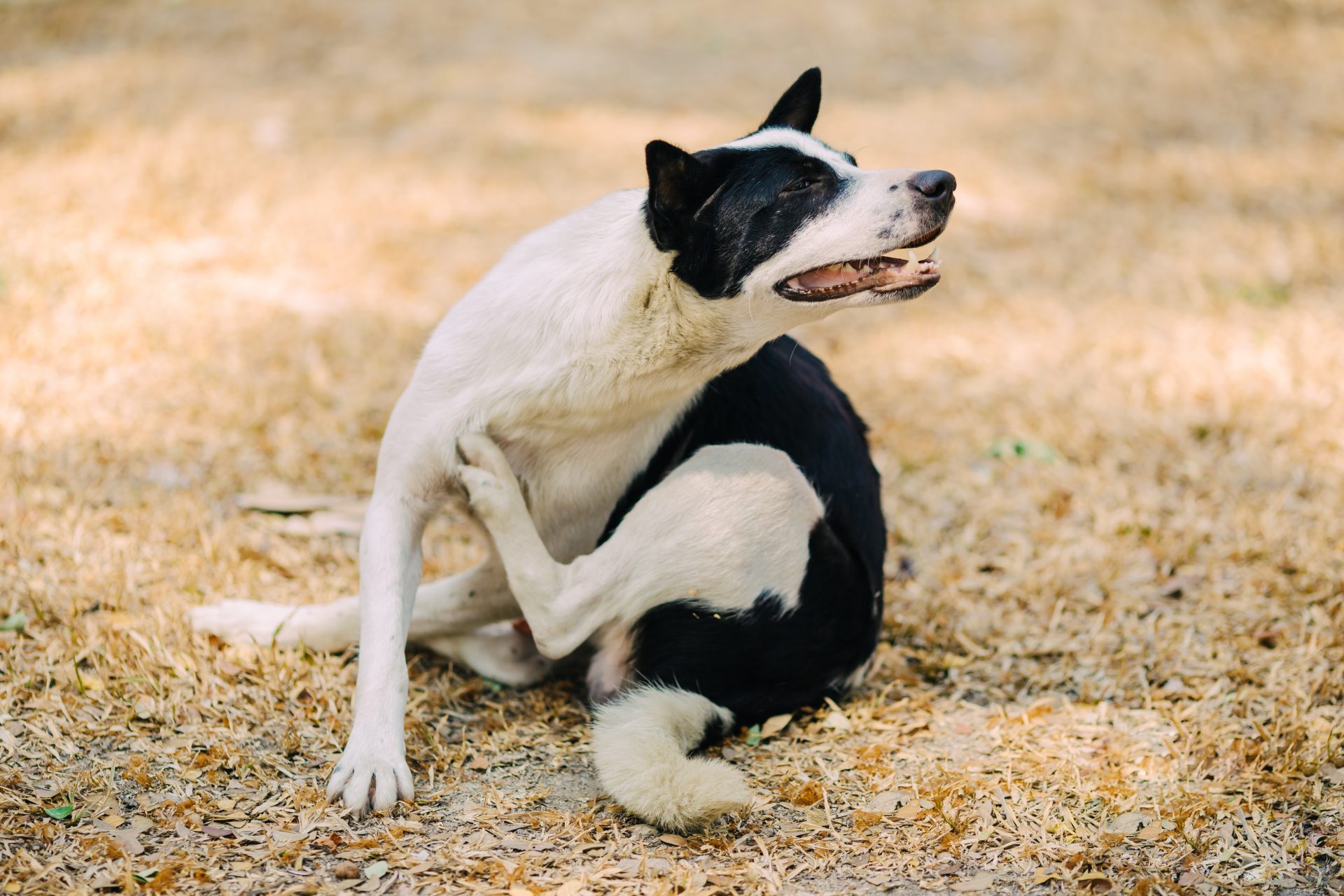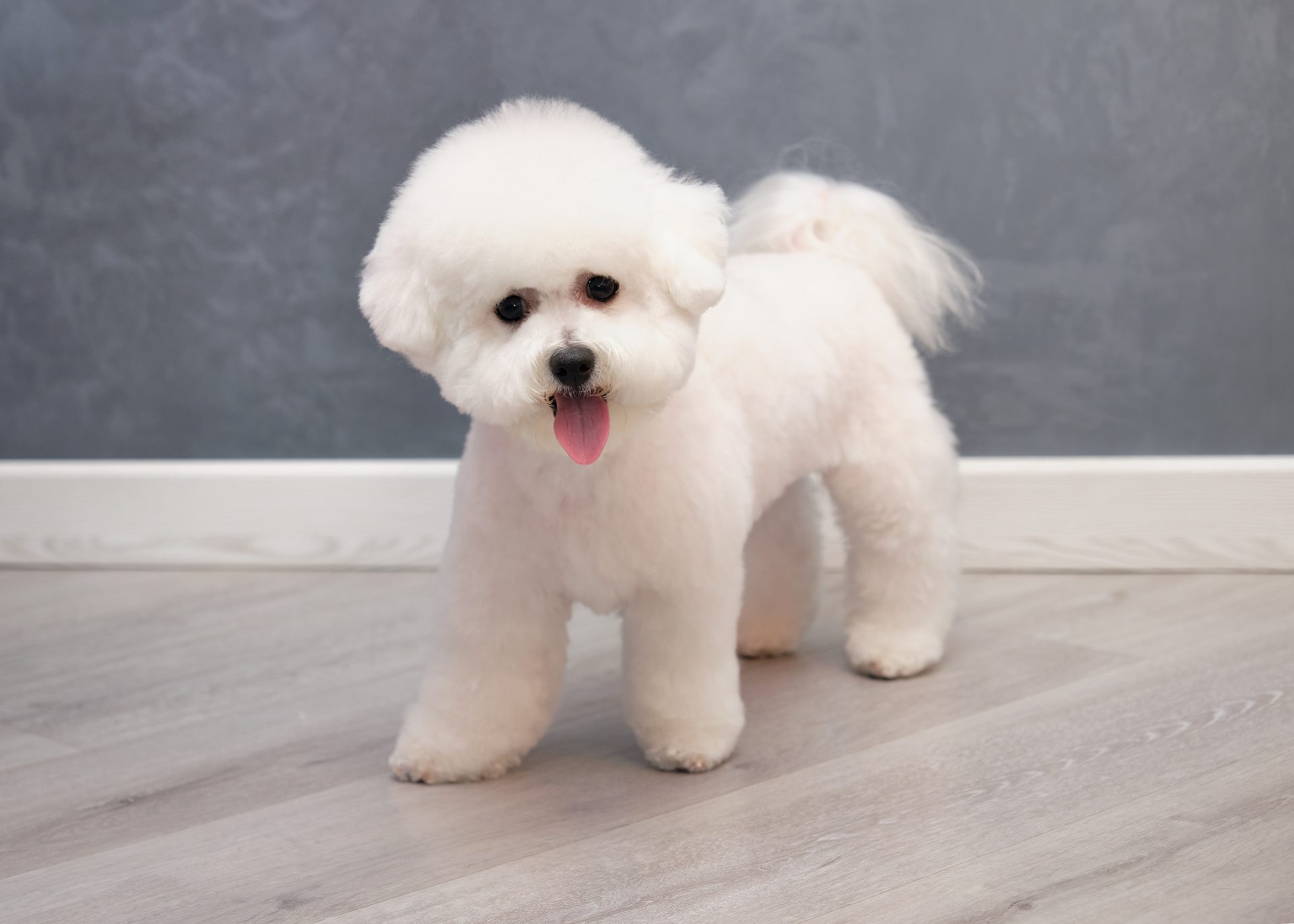What smell dogs do not like and the power of a dog's nose
It is estimated that the dog has 150-300 million olfactory cells, which is 30-60 times more than the number of such olfactory cells in humans. Consequently, the dog is able to identify any tiny particle in the air or embedded in an object and pinpoint the exact location of these odors. Such a perfectly developed sense of smell of a dog means that it is used to detect intoxicants, search for missing people or to identify diseases such as cancer. At the same time, the quadruped has an excellent olfactory memory, with which it can recognize people or objects. Therefore, it is important that a person in contact with an unfamiliar dog allows him to sniff himself before petting him. Likewise, two dogs should not be distracted from sniffing each other as this is their natural stage in getting to know each other. What smell do dogs dislike?
The world of fragrances
It is not surprising that the dog gets excited when he goes out for a walk. Nature has endowed him with a sensitive sense with which he discovers a new, diverse environment with a whole range of alluring fragrances to which he tries to reach. On the other hand, it should not be surprising if the pet reacts with disgust to certain aromas that may seem pleasant to humans. There are a number of odors that are deterrent to your dog, that is, he simply doesn't like them.
What smell do dogs dislike?
Citrus
Most dogs cannot tolerate the smell of any type of citrus. These fruits give off a specific, very intense smell, easily noticeable by both humans and pets. Usually people appreciate the fresh and invigorating aromas of citrus, but the dog hates it. It is probably too intense and can cause an irritating reaction in him, even leading to sudden sneezing. The smell of citrus will certainly not appeal to your pet.
When you want to get a repellent spray, just mix concentrated lemon juice with water, It can be safely used both at home and in the garden. Fresh citrus peels are also an excellent temporary repellent.
Hot peppers
Hot peppers are a commonly used spice (chili peppers, jalapenos, poblano), but they also act as a natural dog repellent. They are effective because they cause an unpleasant tingling sensation in the nostrils and on the tongue of the pet. Additionally, they irritate his respiratory system. It is a strange, unpleasant feeling for him and as a result he runs away from the pepper as far as possible. So it's worth remembering to wash your hands thoroughly after eating a dish with your favorite spice. Only after that you can pet the dog and play with it.
Vinegar
Usually, every dog grimaces its nose when it smells of vinegar. Regardless of whether it is food or spirit vinegar. Its scent irritates the dog's nose and is so strong that the quadruped can sense it from a distance. Moreover, the fragrance loses its intensity very slowly. For a dog's sense of smell, the vinegar is so strong and specific that it just drifts away from where it smells.
Alcohol
Dogs also don't like the smell of alcohol. In humans, the aroma of alcoholic products can evoke various associations. The dog, on the other hand, reacts unequivocally. He just starts sneezing, turns his head, and walks away as quickly as possible.
Ammonia
Ammonia is a substance that is characterized by a very pungent and intense fragrance. The sharp smell causes unpleasant olfactory sensations, irritates the dog's nostrils and respiratory tract. Ammonia, like vinegar, can even lead to breathing problems in your pet. This substance is used to eliminate other odors, but we must take into account the fact that its smell will be felt for several days, from a considerable distance.
Mothball
These white balls, known from "grandma's wardrobe", serve as a pesticide or deodorant. This compound covers up a moldy smell and repels moths. The smell of mothballs is similar to that of gasoline and some people can tolerate it, but dogs are very uncomfortable with its strong smell. If we are going to use mothballs, first we need to make sure the mothballs are out of reach of our four-legged friend. Swallowing even one can be dangerous for him, including death.
Perfume
Individually selected perfumes affect the human senses in a very pleasant way. A similar reaction is caused by hair conditioners, balms, deodorants and other cosmetics. Unfortunately, your pet may not share our choice and disapprove of these smells. Usually, the rescue is done by quickly escaping a room where a deodorant spray has been used or a perfume has been sprayed. This is because the fragrance essence is saturated too much. A dog's nostrils are extremely sensitive and identify a large amount of aromas (elements) secreted by the individual components of the cosmetics.
Cleaning agents
Due to the fact that many popular household cleaners contain chlorine or ammonia and the addition of citrus aroma, the intense smell of these products is unbearable for the dog. In addition, inhalation of strong chemicals, especially ammonia, can damage your pet's nervous system and upper respiratory tract. So, if you use agents that contain components that irritate your dog's sense of smell during the housework, you should always keep your pooch outside the rooms to be cleaned.
What smells do dogs dislike, and are there plant fragrances among them?
When thinking about a well-kept garden that will be a pet-friendly place and will allow its owner to pursue gardening passions, it is worth taking advantage of the reluctance of pets towards certain plant aromas. The dog does not like smells too intense for his sensitive sense of smell and will certainly avoid the part of the garden where they grow: mugwort, heather, barberry, ornamental hives.
Keep in mind that, as with humans, each dog has its own taste and sense of smell. For this reason, not all of the above-mentioned smells must be unpleasant for every pet. By carefully observing our ward, we will surely quickly find out which scent is tempting to him and which scents he does not like.
Maybe you'll like it:



